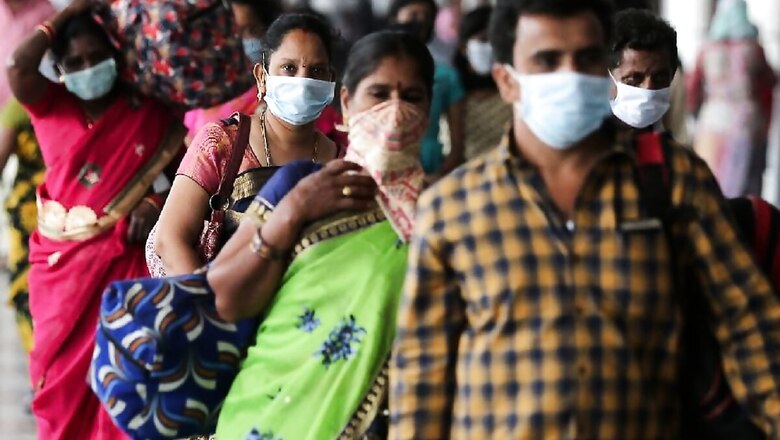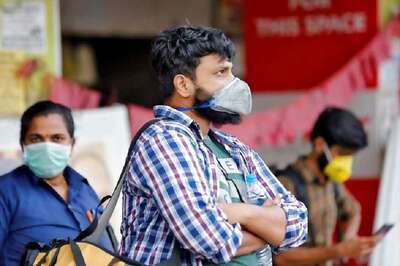
views
A Parliamentary panel on Thursday observed that absence of credible data on migrant workers, guidelines to provide relief and social audit of government initiatives affected efficacy of various programmes during the pandemic. The panel lauded the announcement of creating a portal for mapping unorganised sector workers in the Union Budget 2020-2021.
A credible database of unorganised workers especially that of migrant labourers be put in place with a sense of urgency so as to ensure seamless delivery of relief packages to them at the time of distress, it said. “A number of appreciable initiatives have been launched by the government, which are aimed at benefitting the migrant labour… neither any guidelines were issued nor enforced for distribution of relief material to stranded migrant labourers,” the Parliamentary Standing Committee on Labour said in a report on Thursday.
According to the report, there has been no element of social audit prescribed. The absence of reliable and authentic data/ information on the number of migrant workforce and their movement back to their home states following the outbreak of the pandemic has apparently impacted the relief and rehabilitation measures. There has also been a need for enhanced transparency in the modalities and procedures involved in the distribution of relief material to migrant labour and prescription of an element of audit both at the department level and social audit by the stakeholders, it added.
Further, the report noted that without identification and collation of data of the inter-state migrant workers no social security scheme can be effectively extended to them. The panel also asked the government to persuade the native as well as the destination states to identify, collect and periodically update the record of such workers.
As per the report, it is high time the data on actual number of migrants/ stranded migrants across the country is captured and periodically updated as exponentially liberal and unrealistic estimates may turn out to be counterproductive, especially in the areas of food distribution, housing facilities and skill training to migrant labour. Despite the best efforts made by the department, complaints poured in regarding inaccessibility of basic foodgrains, especially by migrant labour who were stranded in many states without access to work or food.
It was heart rending to observe the movement of thousands of migrant labours all across the country trying to go back to their home states on foot during the national lockdown period in dire desperation due to lack of any guarantee of work/ food security at the places where they were stranded, the report said. The panel took note of the noble intent of the government to formulate schemes to ensure food security to all vulnerable sections of people especially the migrant workers to ameliorate the hardships caused to them due to economic disruptions caused by COVID-19 pandemic.
The impact and efficacy of the efforts made would have been much productive had there been better coordination and organised monitoring, it said. The panel also noted that distribution of food was low in some states in Phase-II of distribution of food during the pandemic.
The panel said that if due to genuine constraints, monthly distribution as scheduled could not be done, then, at least efforts should have been made for bi-monthly distribution as was done by Sikkim where 62 per cent of Phase-II distribution has been achieved for July-September 2020. Also, the committee asked the the Department of Food Supplies to draw lessons and act in unison with the stated to ensure in future that food grains are not allowed to be piled up for months together depriving the needy people of regular supply.
Read all the Latest News, Breaking News and Coronavirus News here



















Comments
0 comment